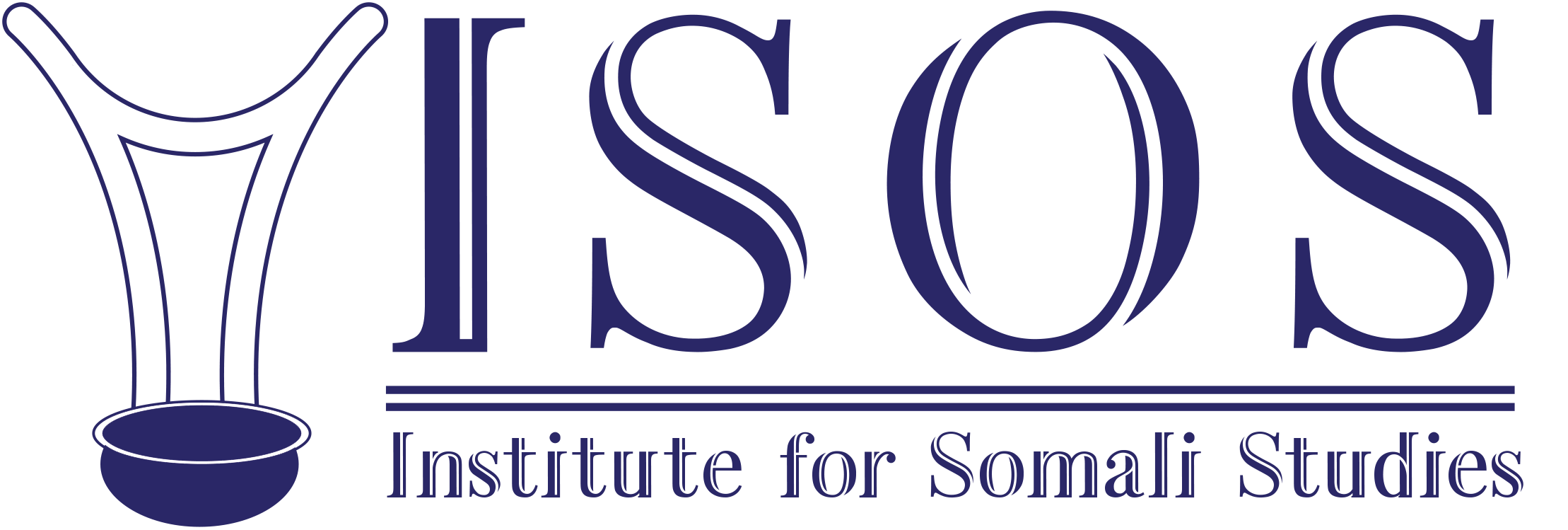Abstract
This study is a replicate of the Leadership Practice Inventory (LPIObserver), a half-a-century-old research instrument. Having every component of the instrument intact, the aim of this study was to evaluate the leadership capability of Somali-American leaders. The study looked into the actions and/or behaviors of 21 emerging, Somali-American leaders in different disciplines in Minnesota, USA. The participants were presented with thirty descriptive statements measuring the following five leadership practices and behaviors: (a) Challenging the Process, (b) Inspiring a Shared Vision, (c) Enabling Others to Act, (d) Modeling the Way, (e) and Encouraging the Heart. The findings show a higher-thanaverage ranking of between 100th and 70th percentile. Compared to the semi-universal, overall score of 89, the result shows an overall score of 114 for the Somali-American leaders.
Keywords:
Somali-Americans, Somali community, leadership practice inventory, leadership competence, Somali diaspora, Somali Minnesotans,
Mogadishu University,
ISOS,

